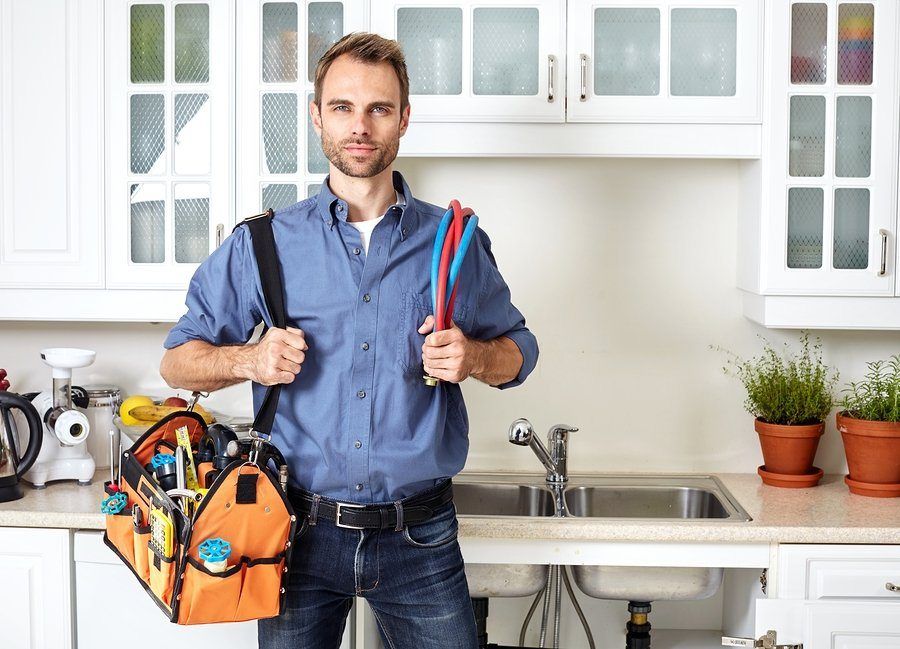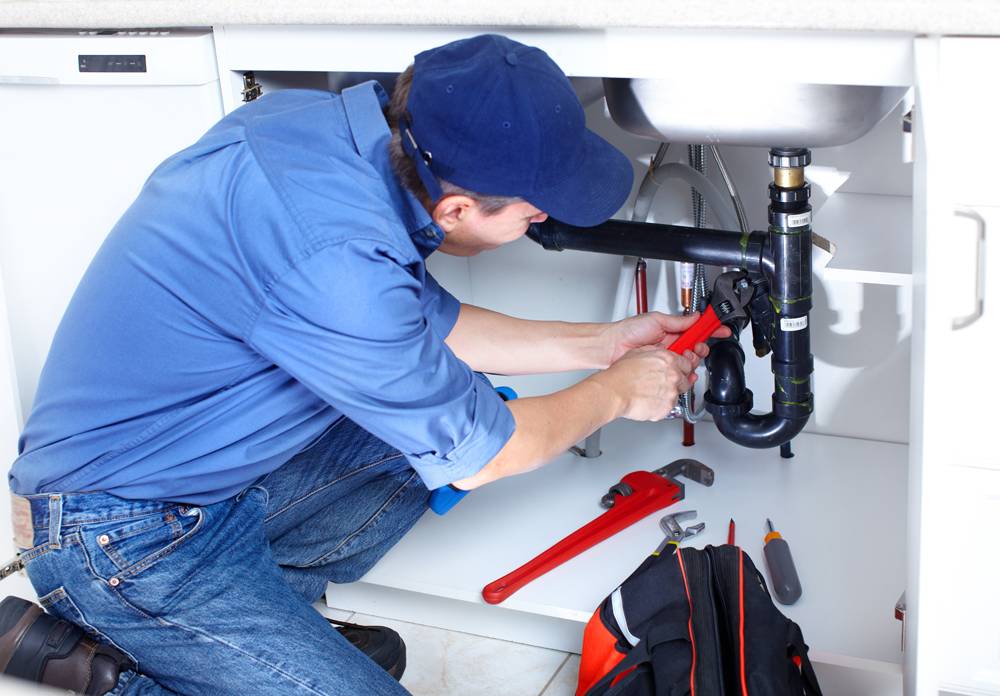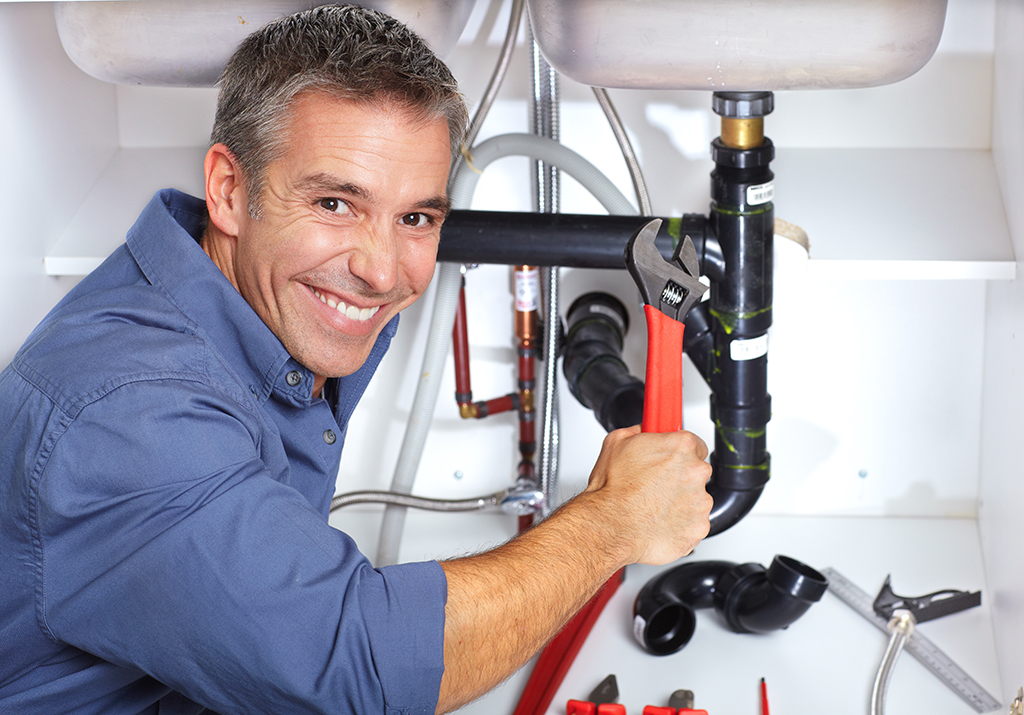Tips for Minimizing Your Water and Home Heating Costs

How to Prevent Pipes and Home Heating Problems in Your New Home
As a new homeowner, you'll wish to remain on top of your pipes and furnace to stay clear of pricey and troublesome problems down the line. Routine assessments, maintenance, and upgrades can go a long means in keeping your home comfy and effective. While it might appear like a headache, taking positive measures now can save you time, cash, and a lot of headaches in the future. By recognizing the usual issues to expect and working with qualified experts when needed, you'll be well on your means to a well-functioning home that maintains you cozy all year round.
Secret Takeaways
- Schedule routine inspections and maintenance for pipes and furnace to identify and deal with prospective problems early.
- Upgrade out-of-date pipes and home heating devices with long lasting, energy-efficient options to avoid future troubles.
- Protect at risk pipelines and keep a minimal indoor temperature level to avoid frozen pipelines and leaks.
- Rapidly discover and respond to leakages to prevent water damages and mold and mildew growth.
- Employ certified, experienced experts for plumbing and cooling and heating solutions to make certain reliable and trustworthy system operation.
Check Plumbing and Home Heating Equipments
Frequently evaluating your plumbing and heater can assist you determine prospective issues early and avoid expensive repairs down the line.

Beginning by carrying out pipes assessments to check for any type of leakages, clogs, or various other concerns. Seek indicators of wear and tear, such as dripping faucets, low tide pressure, or slow drain. If you see any troubles, it's finest to resolve them today prior to they worsen.
Next off, schedule normal heating evaluations to validate your system is operating efficiently. This might include examining the thermostat, inspecting the furnace or boiler, and cleansing or replacing air filters. Take notice of any unusual noises or adjustments in the system's performance, as these could suggest a problem.
Usual Pipes Concerns to Watch For
Identifying and dealing with common plumbing troubles early can save you from expensive water damage and disruptions. Obstructed drains pipes, dripping faucets, and low water stress are a few of the most frequent issues homeowners face, frequently originating from buildup, worn washers, or faulty fixtures.
Watch out for drainage issues, like slow-draining sinks or tubs. These can indicate a clog in the pipes, which can result in backups and flooding if left untreated. Make use of a plunger or drain serpent to get rid of the blockage, and consider installing hair catches or filters to prevent future blockages.
Low water stress can likewise suggest a trouble. Look for kinks or clogs in the supply lines, and confirm your hot water heater and fixtures are functioning correctly. Replacing old, rusty pipelines may be needed if the problem lingers.
Consistently evaluating your pipes and resolving problems quickly will help you stay clear of significant headaches and expensive repair work down the line.
Maintaining Heating Devices Efficiently
Effectively maintaining your home heating tools is important to ensure effective procedure and expanded life expectancy. Arrange yearly tune-ups with a certified professional to check for any kind of concerns and perform needed maintenance, like cleansing or changing air filters.
Keeping your furnace well-maintained can improve energy efficiency, reduce utility prices, and avoid costly failures during the cold weather.
Normal tune-ups ensure your heating system is performing at peak performance. The specialist will certainly clean up parts, look for deterioration, and make any kind of essential adjustments.
This aids your furnace or central heating boiler operate a lot more effectively, which translates to decrease energy costs. They'll additionally identify possible problems prior to they come to be significant, expensive repair work.
Don't forget to change your air filters every 1-3 months to maintain air flow unhampered and improve indoor air high quality.
Upgrading Outdated Pipes and Heating
If your home has older pipes or heating systems, it's time to contemplate updating them.
Obsolete equipment can be ineffective, expensive, and vulnerable to failures.
Replacing these systems with newer, more energy-efficient designs can assist prevent future problems and enhance your home's general comfort and efficiency.
Recognize Outdated Devices
Identifying obsolete pipes and home heating equipment is necessary for stopping costly troubles down the line. You can begin by carefully inspecting your home's systems and searching for indications old or wear. Old pipes, inefficient furnaces, and obsolete hot water heater are all possible resources of trouble.
When it comes to pipes, look for pipelines constructed from obsolete materials like galvanized steel or lead. These can corrode with time, causing leaks and water damages. Focus on the age of your water heater, too - most have a lifespan of 8-12 years. If your own is nearing the end of its life, it's time to examine a substitute.
For home heating, inspect the age and efficiency of your furnace or central heating boiler. Older versions might be energy-hogs, costing you much more in utility bills. Newer, high-efficiency units can save you cash in the long run.
Do not wait until your system breaks down - being proactive can aid you prevent a costly emergency fixing.
Change Ineffective Equipments

Once you've identified out-of-date plumbing and heating equipment, it's time to change ineffective systems. Upgrading to more recent, extra energy-efficient designs can save you cash on utility costs and avoid expensive failures in the future.
When changing your pipes, take into consideration using sustainable products like copper or PEX piping. These options are sturdy, corrosion-resistant, and much better for the environment than traditional plastic pipelines.
For your heating system, look into high-efficiency heaters, central heating boilers, or heat pumps. These energy-efficient upgrades can substantially minimize your power usage and carbon footprint. Several models likewise feature smart modern technology that permits you to program and monitor your heating from another location, giving you a lot more control over your home's power use.
Don't forget to check out any type of available discounts or tax obligation credit scores that may counter the preliminary cost of these upgrades. Buying modern-day, effective pipes and furnace currently will pay dividends in the long run with reduced upkeep, energy savings, and a much more comfortable, sustainable home.
Avoiding Frozen Pipes and Leakages
To keep your pipelines from cold and leaks at bay, shield any type of vulnerable pipelines in your house.
Maintain the proper temperature in your home to prevent water in pipes from freezing.
Consistently inspect your plumbing for any type of indicators of leakages, and address them promptly to avoid more damage.
Insulate Vulnerable Pipelines
Securing at risk pipes from freezing and leakages begins with calculated insulation. Correctly shielding subjected pipelines, specifically those in unheated locations like attic rooms, crawl spaces, and outside wall surfaces, can protect against expensive fixings down the line.
When it pertains to pipe insulation techniques, there are a couple of vital considerations. Wrapping pipelines with foam or fiberglass sleeves is an efficient means to regulate temperature level and prevent warmth loss.
Matching this with heat tape or heat cords can provide an additional layer of defense in chillier climates. Furthermore, utilizing insulation with a high R-value, which determines thermal resistance, will better preserve the desired temperature within the pipes.
Keep Proper Temperature Level
Maintaining the proper temperature level in your home is crucial to preventing icy pipelines and potential leaks. Validate your heater is functioning efficiently, and consider setting your thermostat to at the very least 55 F, also when you're away, to maintain the indoor cozy adequate to inhibit pipeline freezing.
Consistent temperature level regulation is crucial, so avoid letting the temperature drop as well reduced, also in unused rooms. Verify your thermostat is correctly calibrated and configured to keep a regular, comfy temperature level throughout your home.
Prevent cranking the warm up too expensive, as this can likewise cause concerns like ruptured pipes from rapid expansion. Instead, go for a consistent, modest temperature that maintains your home relaxing without overtaxing your furnace.
Consistently examine your thermostat settings and make changes as required to maintain a suitable temperature level for protecting against pipes issues. Taking these steps will certainly help protect your home against the costly damages that can result from icy or leaking pipelines.
Check for Leaks
On a regular basis checking your home for leakages is vital to stopping frozen pipes and the water damage they can trigger. Carefully check out all pipes fixtures, pipelines, and links for any kind of signs of drips, splits, or wetness accumulation, and address problems immediately. Pay unique focus to areas prone to freezing, like exterior wall surfaces, crawl rooms, and attic rooms, making certain appropriate insulation and sealing around pipelines.
Purchase a leak discovery system to monitor water stress and sharp you to any type of sudden modifications that might indicate a leak. Be aggressive in dealing with even small leakages, as they can promptly rise and bring about comprehensive, pricey fixings. When checking, look for dead giveaways like stained wall surfaces, mildewy odors, or the noise of leaking water.
If you do discover a leak, shut down the water supply instantly and call an expert plumbing technician. Disregarding leakages can result in extreme water damages, mold development, and the potential for frozen pipelines during the cold weather.
On a regular basis preserving your pipes system is a tiny investment that can avoid major migraines down the line.
Employing Qualified Plumbing and HVAC Professionals
When it comes to resolving your plumbing and HVAC requirements, you'll wish to hire qualified specialists that can manage the task efficiently and properly. Look for plumbings and a/c specialists who've the needed qualifications and experience to guarantee your systems are appropriately installed, fixed, or maintained.
Plumbers with the appropriate accreditations, such as those from the Plumbing-Heating-Cooling Contractors Association (PHCC) or the National Evaluation Testing Qualification (NITC), have demonstrated their experience and knowledge in the area. In a similar way, a/c specialists with considerable experience in maintenance and repairing various heating, air flow, and a/c systems can give the reputable and efficient solution you need.
Don't wait to ask for references and check their qualifications prior to hiring any kind of specialist. Trustworthy specialists will certainly more than happy to provide evidence of their qualifications and showcase their performance history of successful tasks.
Budgeting for Pipes and Home Heating Maintenance
With your plumbing and HVAC systems in the hands of qualified specialists, you'll wish to plan for the continuous maintenance needed to maintain them running smoothly. Budgeting for routine inspections, tune-ups, and potential repairs is vital to avoid unexpected and pricey failures down the line.

Begin by alloting a part of your regular monthly allocate routine plumbing and heating expenditures. This could consist of points like filter substitutes, minor modifications, and preventative upkeep. Aim to allocate 1-2% of your home's worth each year for these normal costs.
It's also wise to build a reserve especially for your home's mechanical systems. Unanticipated issues like a ruptured pipe or furnace failing can be unbelievably turbulent and costly. Attempt to save enough to cover at least one significant repair service, around $500-$1,000. By doing this, you'll be prepared to manage any type of plumbing or heating emergencies without draining your overall cost savings.
Often Asked Questions
How Can I Detect Surprise Pipes or Home Heating Issues in My Home?
To find covert plumbing or heating problems in your home, beginning by carrying out a detailed leakage detection evaluation.
Meticulously examine your pipes for any kind of indicators of leakages, fractures, or damages.
You can additionally work with an expert to execute a pipe examination using specialized devices like cameras or thermal imaging.
This will help recognize any underlying issues prior to they rise and cause major damage to your home.
Don't wait till it's too late - stay positive and resolve any type of problems quickly.
What Are the Indications of a Malfunctioning Water Heater?
If your hot water heater is breaking down, you might discover some indicators.
Leakages around the storage tank or links can indicate a trouble.
And if you experience abrupt temperature level fluctuations - from piping hot to ice chilly water - that's a red flag your water heater isn't working appropriately.
Do not overlook these indicators, as they can represent a much more serious concern that requires timely interest from a professional. https://hammersmithplumbing.co.uk
How Can I Prolong the Life Expectancy of My HVAC System?
To expand the life-span of your a/c system, normal maintenance is key.
Set up annual tune-ups with an expert to assure your system is running effectively.
Change air filters every few months to enhance air movement.
Seal any kind of ductwork leaks and add insulation to avoid energy loss.
Take into consideration upgrading to a programmable thermostat to better control your home's temperature level and minimize energy usage.
With proper a/c upkeep pointers and energy-saving approaches, you can maintain your system running smoothly for years to come.
What Are the Benefits of Regular Pipes and Heating Assessments?
Carrying out regular plumbing and home heating evaluations can provide substantial advantages.
Not only do they use assurance, however they can additionally lead to cost financial savings over time.
By identifying and dealing with small issues prior to they escalate, you can stay clear of expensive fixings down the line.
These examinations help assure your home's systems are running efficiently, which can bring about lowered power bills and a much longer lifespan for your pipes and heating devices.
Buying this preventative upkeep is a clever step that pays returns.
Exactly how Do I Select the Most Energy-Efficient Plumbing and Heating Upgrades?
When choosing plumbing and home heating upgrades, concentrate on energy-efficient fixtures and lasting products.
Search For power STAR-rated taps, showerheads, and bathrooms that utilize much less water.
For home heating, think about a high-efficiency furnace or boiler that operates on gas or electrical power.
These upgrades might set you back even more in advance, but they'll conserve you money on energy costs over time and minimize your environmental effect.
Do your research to discover the most reliable choices for your home.
Conclusion
Regularly evaluating your pipes and heating systems, updating obsolete devices, and without delay resolving any type of concerns can conserve you from expensive repair services down the line.
Don't fail to remember to budget for routine upkeep and hire qualified professionals to ensure your home's safety and performance.
Taking proactive steps currently will pay off in the long run.
